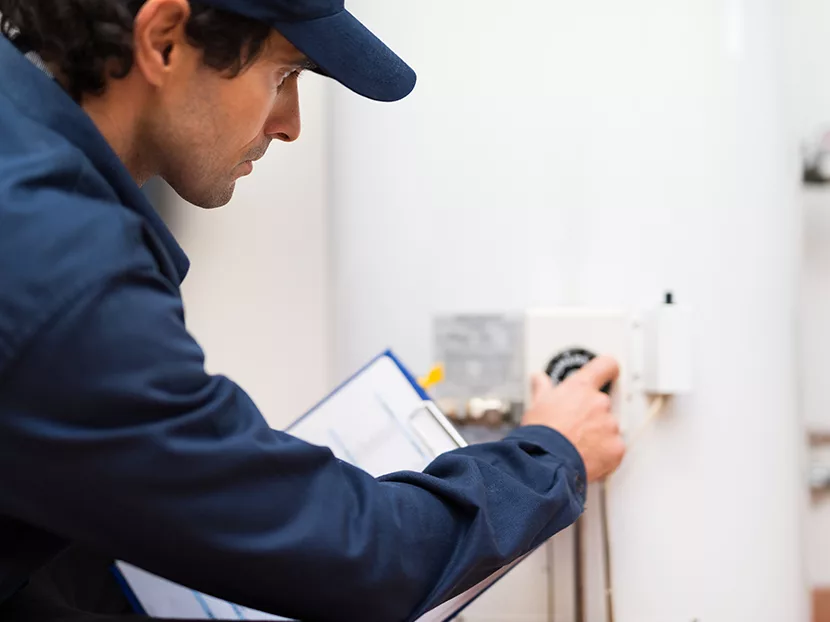Does propylene glycol protect a system?
Firstly, before adding any propylene glycol to a system, you should understand the design life of it. Often, the less expensive propylene glycol holds a shorter design life of three to five years, whereas the premium propylene glycol holds a design life of roughly up to 15 years.
As propylene glycol begins to degrade, it becomes acidic, which as you can imagine has a major impact on key components within the system — attacking metal surfaces such as iron pipework, pumps and heat exchangers. This is why the design life of glycol needs to be seriously considered. A premium glycol contains a higher quality inhibitor which acts as a buffer to keep the system’s water pH idyllic, but the system should be checked on a regular basis anyway — the ideal level is 8–8.5. Once system pH goes below 6.5, inhibitor with buffering agents will need to be added to elevate the pH levels.
How much glycol should I add to the system?
Boiler manufacturers often advise that glycol should make up no more than 50 percent of the system’s volume, with some HE boiler applications being reduced to 35 percent.
Can system efficiency be affected if too much glycol is added?
Yes, glycol has a higher viscosity than water — too much of it can reduce the effectiveness of water flowing through pipework, and too much glycol can also reduce heat transfer capabilities. Both of these aspects together can have a serious impact on heating components such as pumps and heat exchangers, causing them to work harder to maintain system temperature and flow, so much so that it can lead to overheating, and eventually, failure. This is why many boiler manufacturers have warning limitations on the amount of glycol used, because too much can damage components and even result in boiler breakdowns.
Do I need a cleaner and dirt filter if the system has already got pre-mix glycol?
Yes. Pre-mix glycol is not designed to lift and capture magnetite — it’s designed to prevent system water from freezing during cold winter months, and the inhibitors in glycol are used as a buffer to prevent acidity levels from rising.
Magnetite, also known as black iron oxide sludge, is formed as a result of air oxidizing inside an untreated system. Unfortunately, a pre-mix glycol does not mean that a system has been sufficiently treated, and here’s why:
- A cleaner contains surfactants and dispersants that surround the magnetic particles, bonding them until they become dislodged from surfaces such as metal pipework. Of course, the longer a cleaner is left in the system, the more time it has to bond and dislodge debris. But, you should always check the label for timeframes because cleaners can also become acidic when left in a system for too long.
- A system flush allows the dislodged particles and cleaner to be removed from the system, but this is not where treatment should stop.
- A magnetic dirt filter provides long-term protection. Just because the system has been cleaned and flushed once doesn’t mean that magnetite isn’t going to return. The filter continuously collects magnetic dirt particles, preventing them from circulating through vital narrow waterways and blocking valuable system components such as pumps and heat exchangers.
- An inhibitor forms a protective layer on surfaces such as pipework, but this is not the only benefit of an inhibitor. Some inhibitors are specifically designed to counteract residue cleaner left in the system, even after flushing, ensuring that the system water remains pH neutral.
- Finally, testing and maintenance ensures that elements such as chloride, copper, iron, water hardness and pH are not affecting the longevity and efficiency of the heating system. These checks should be carried out on an annual basis for residential systems, and more frequently for commercial/industrial systems.





